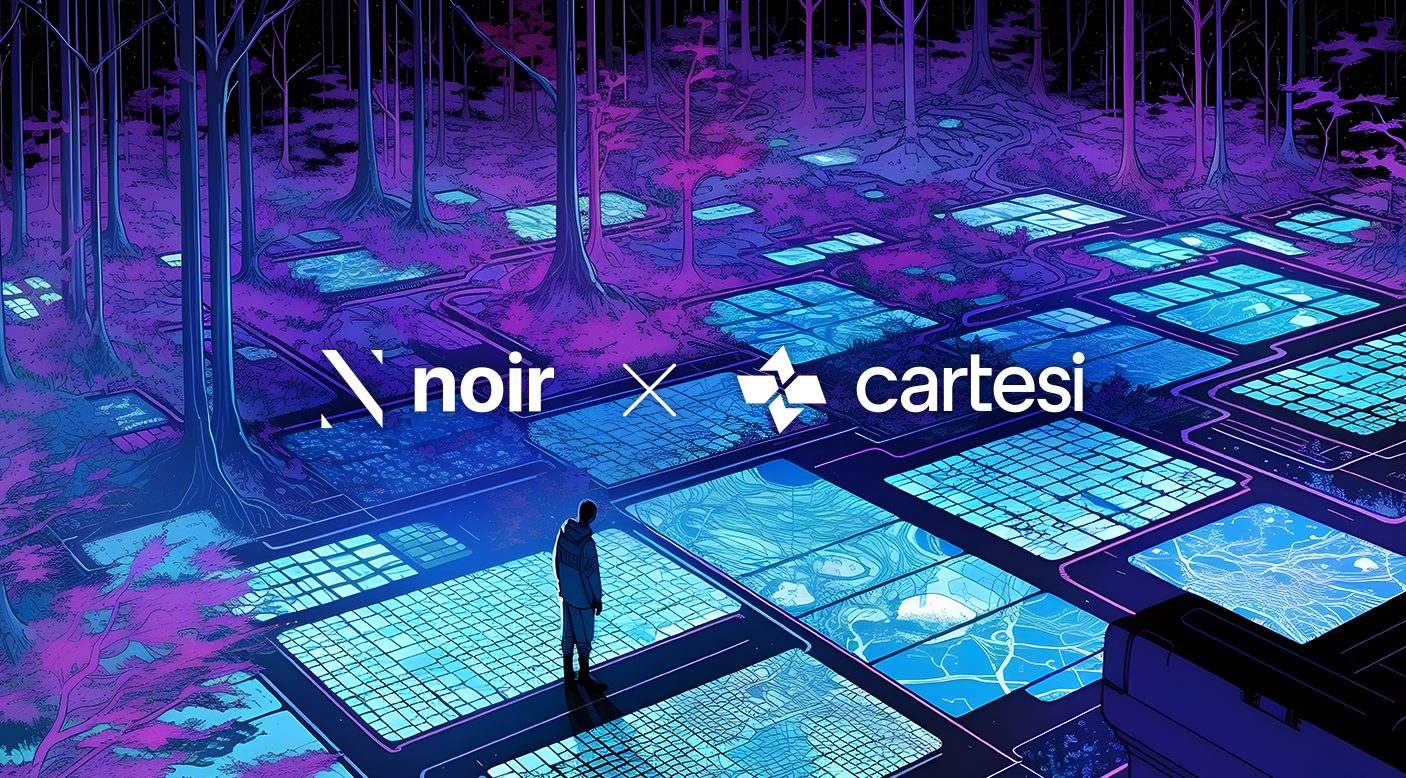With new technology comes the need for new laws. The metaverse as a new digital environment could present serious challenges for copyright and ownership laws, even with NFTs as a viable use-case. Authorship and ownership might be hard to determine, infringement could be difficult to detect and the enforcement of copyright could be a difficult process. Rights holders will need to develop new ways to keep their work safe.
How Will Copyright Work in the Metaverse?
Certain international copyright treaties, such as the Berne Convention, provide copyright protection for both art and literary works—which includes computer software. This might potentially extend to software powering the metaverse, and digital artwork created within it.
While it might seem straightforward for existing, internet-focused copyright principles to apply to the metaverse one-to-one, many expect the metaverse to be built upon the proliferation of User-Generated Content (UGC) and collaboration. These will make determining ownership and authorship particularly difficult if a work is created collaboratively by different people across the world.
Some digital creatives may have more control over copyright in the work they create. An “open metaverse” will offer users the freedom to build and innovate, with some ownership options depending on the type of virtual world. In a closed metaverse, your options might be more limited because you won’t be able to build upon the code of the platform, only being able to create assets with a closed framework.
Could NFTs Solve the Ownership Problem?
When it comes to discussing digital ownership and the metaverse, non-fungible tokens (NFTs) are the first thing you’ll hear. There’s a strong chance that NFTs will play a part in the metaverse, as copyrighted works have already begun to be minted as NFTs—sometimes without the author’s permission.
These NFTs come with additional contractual terms that purchasers will need to understand when they're buying them. While it’s commonly thought that NFTs provide ownership of a digital asset tout court, the asset they represent might be stored on a separate, centralized server, and will in turn have separate ownership rules. For example, an NFT for a piece of artwork may not include the copyright to the artwork itself but only the NFTs metadata and software code.
This has led to confusion among purchasers who might not know that they're not technically buying or owning ownership of the artwork itself. As these types of copyright disputes and confusion increase, we'll see more people generating NFTs with CC0 designations for use under Creative Commons licenses, essentially making copyrighted works freely available for use by anyone. In an open metaverse, CC0 could definitely be the future to maximize the potential of User-Generated Content, and ensure a flourishing content creator economy—but being unable to determine ownership could make it difficult to make a living from your metaverse creativity.
Verdict
The metaverse will present significant challenges for lawyers in general, but especially in terms of copyright for digital ownership and authorship. In the past, copyright law has been able to adapt to new technologies, but it’s consistently taken a while to keep up. With the commercial pressure points within the metaverse, copyright lawyers will need to find the answers quickly to stop people from taking advantage of the law lagging behind.










